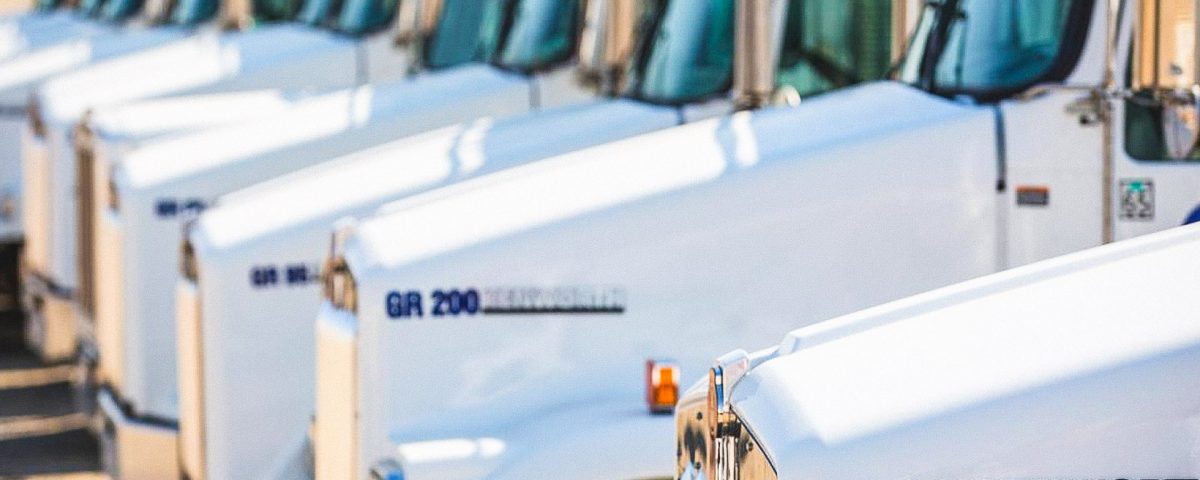- SBE #39228
- +1 (916) 985-2700
- info@grtrucking.net
CDL Requirements

CDL Requirements
Gr Trucking | Concrete Recycling | Material Trucking | Sacramento
Commercial Driver’s License (CDL) holders in California operate under a specific set of state and federal regulations designed to promote safety and accountability. While most drivers are diligent in meeting the basic requirements such as renewing their license and maintaining their medical certificate, there are several responsibilities that are often overlooked or forgotten.
One commonly neglected task is staying current with the California Employer Pull Notice (EPN) program. CDL holders who operate as owner-operators or run a small fleet sometimes fail to enroll or update their information in this program, which notifies employers of any changes to a driver’s record. Failing to comply can lead to unnecessary penalties or missed updates about license suspensions or moving violations.
Another frequently overlooked requirement is regular inspection and documentation of a vehicle’s maintenance. Although daily pre-trip inspections are mandatory, the documentation of repairs or recurring mechanical issues is often skipped or done informally. California Highway Patrol (CHP) officials conducting inspections can issue citations if maintenance records are incomplete or inaccurate. Additionally, failing to address minor mechanical issues promptly can lead to larger, costlier problems down the line and increase safety risks.
Many CDL holders also forget the importance of logging hours of service correctly. Even with the use of electronic logging devices (ELDs), drivers sometimes assume short hauls or local routes exempt them from logging. However, unless they qualify under specific short-haul exemptions, proper logging is still required. Inconsistent or missing logs are among the top violations found during roadside inspections and audits.
Some drivers are also unaware of the strict drug and alcohol testing requirements. Random testing compliance and post-accident procedures must be followed precisely, especially for those who are self-employed. Failure to enroll in a drug and alcohol consortium or misunderstanding the reporting requirements can result in immediate disqualification from operating a commercial vehicle.
Lastly, drivers often underestimate the importance of staying up to date with new state and federal regulations. Laws regarding emissions, speed limiter mandates, and updated training requirements frequently change in California. CDL holders should regularly check updates from the DMV, the Federal Motor Carrier Safety Administration (FMCSA), and the California Air Resources Board (CARB) to stay compliant and avoid unnecessary penalties.
